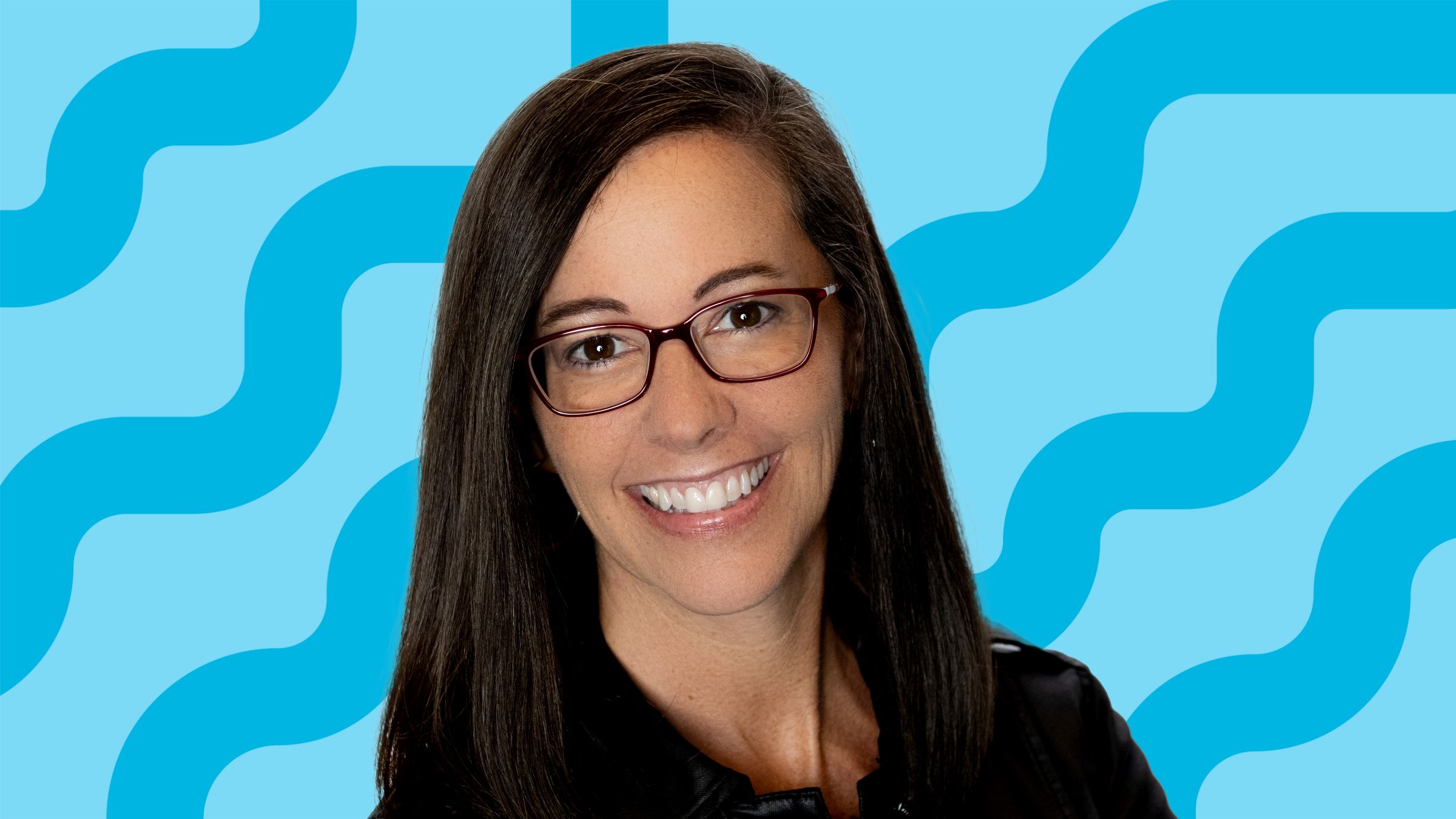Onward is an exclusive content series authored by broadhead’s thought leaders, highlighting their unique perspectives on adapting, adjusting and pushing forward.
Written by Kenna Rathai | VP, Public Relations Director
Influencer marketing has been around for a long time, taking on many different forms. Just as you might hear an endorsement from a radio or TV show personality, much of influencer marketing has moved into the social space.
These dynamic social media users are influencing your target audience and can offer a valuable layer in marketing communications plans. But have you thought about it from the influencer’s perspective? Sure, you’re paying them, but to have a super-rich collaboration, it should be a win-win situation for both your brand and the influencer. And that only happens when you look at it as a two-way street.
It’s all about alignment, thinking through what’s good for you and the influencer. Here are a few things to keep in mind.
Is the influencer’s content and tone aligned with yours?
Example: We have an animal health client whose goals were to promote a cattle production product. There is an influencer whom a lot of cattle producers follow. Understandably the client was interested. But the influencer only covered rodeo topics, so that wasn’t a good fit.
Do the influencer’s followers align with your target audience?
Example: Dig deep on who is following and engaging with an influencer’s content to make sure their posts will reach your goals, and that your content will be valuable for their followers. One of our clients in the beverage space makes different products geared to toddlers, littles and tweens. Ensuring we’re working with influencers whose specific audiences meet the needs of parents with kids in that age range, rather than just a halo effect for all age ranges, can be challenging. However, we see better engagement rates when we approach it that way.
Will the partnership be authentic?
Example: I heard an influencer speak at a seminar and she noted that she had to turn down a very lucrative offer by a major soda company because she drank the other stuff, and she knew her followers knew that. Check to see what other partnerships they’ve engaged in, and if promoting your brand will be authentic and credible.
Are they truly connecting with their audience, and is their audience legit?
Example: You could have an influencer with 100,000 followers but if their fans aren’t engaging with their content, then are those followers really listening and is the influencer actually reaching them? In addition, review the influencer content so you have a good sense for what percentage of their content is still driven by their own creative thinking, personal experience and perspectives, and what content is partnership driven.
Influencers want to be a good partner, and you want them to be passionate about your brand. That’s where authenticity shows up so that they can actually move their followers to action. Take steps to get there.
Happy influencing!
